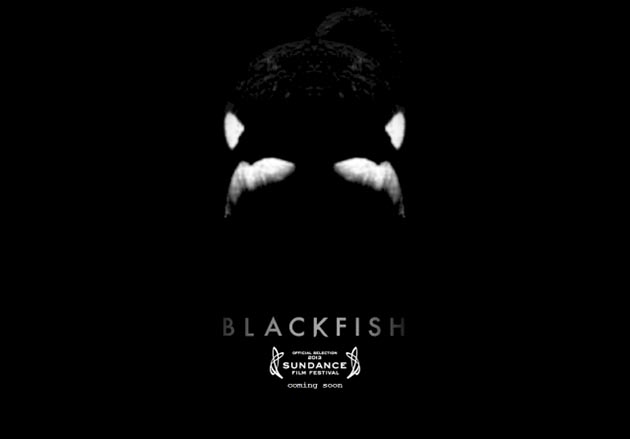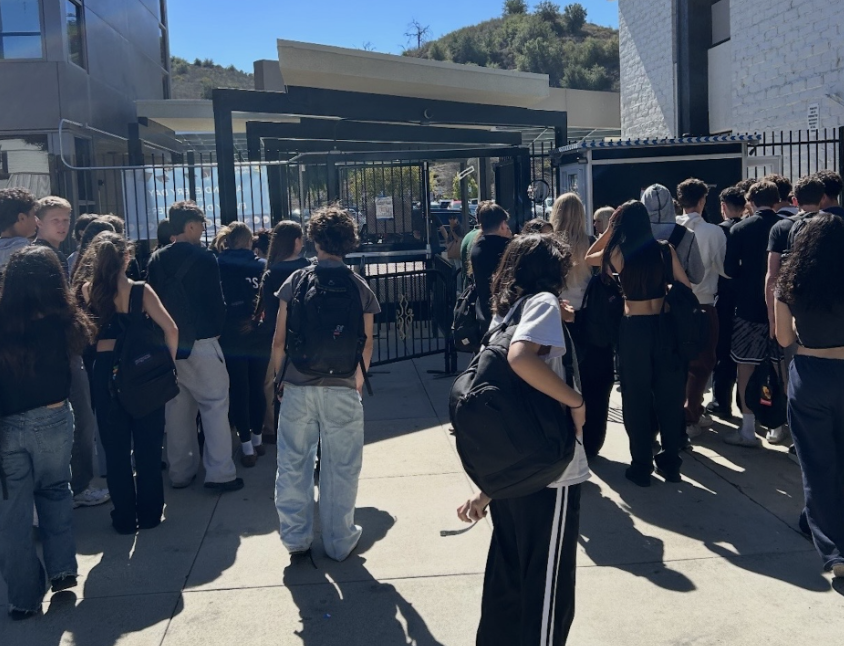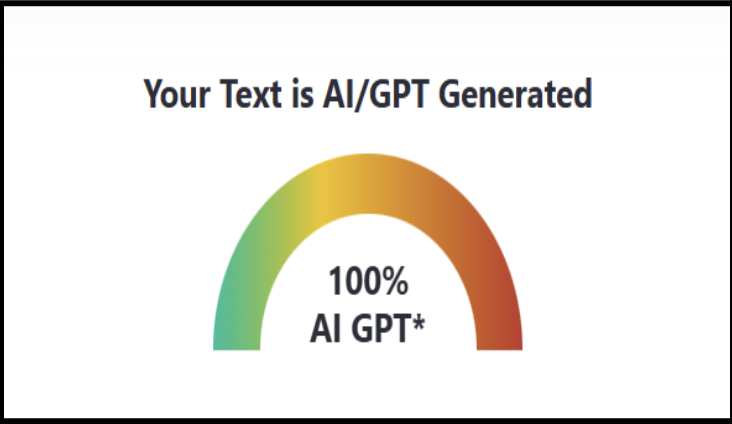While SeaWorld is selling all-day passes and Shamu plush animals more rapidly than ever before, the park veils animal captivity with a seemingly innocent façade. From a spectator’s eyes, these animals are playful creatures who love living in a tank and taking orders from trainers, yet society often forgets that these are wild animals. These creatures once flourished in the infinite abyss humans called the ocean and they called their home. In truth, animals are robbed of far more than just their happiness when forced into captivity; they also lose their rights and pride.
Animals at SeaWorld do not deserve to suffer the way they have for years and are more valuable than a mere source of income for businesses and large corporations. Just as the documentary Blackfish proved, no killer whale has ever been violent toward humans in the wild; they have only acted out when in captivity. With this idea in mind, scientists have observed that the unruly behaviors of these animals in captivity are in fact unnatural and are caused by a state of psychosis.
“It makes me sick that there are these businesses that treat living beings so inhumanely,” said senior Siena Goldman. “This has been going on for too long and it needs to stop.”
While today’s society views animals as creatures who were bred to obey, these whales are extremely emotional and intelligent creatures, far more than these corporations give them credit for being. Now that these whales have been stripped of their rights to live freely in the wild, they no longer have any outlet for self-expression. If any living creature is denied an outlet for self-expression, that creature’s only natural response to such a harsh environment is to become upset and violent. Because whales inherently base their entire lives around social life, taking them away from their families at such a young age is detrimental to their physical and mental health. Thus, they lose their sense of self and are unable to form healthy relationships with other marine animals, let alone with humans. This situation is certainly not the best way to start off on the right foot when training these animals. However, the advocates of SeaWorld seem to think that removing animals from their family and natural habitat is acceptable and will not affect them drastically at all. These actions are inappropriate. Animals deserve rights too.
Although keeping animals in captivity is often seen as beneficial for marine education, educating society on false behaviors and unnatural environments that animals are being forced into is not an accurate way to inform anyone about these creatures. Teaching people about these wild animals by observing them in their natural environment instead of in captivity is the right way to educate. Rather than contributing to the vicious and ruthless cycle that is animal captivity, whale watching in the wild is far more beneficial for gaining knowledge on these creatures and for the whales themselves. Measures need to be taken to ensure that these living beings are being treated how they deserve to be treated, not how SeaWorld thinks they should be treated. These creatures were truly born to be wild, and they are too often deprived of their rights and their natural environmental stimulation when they are forced to live in cages that are three times too small.








